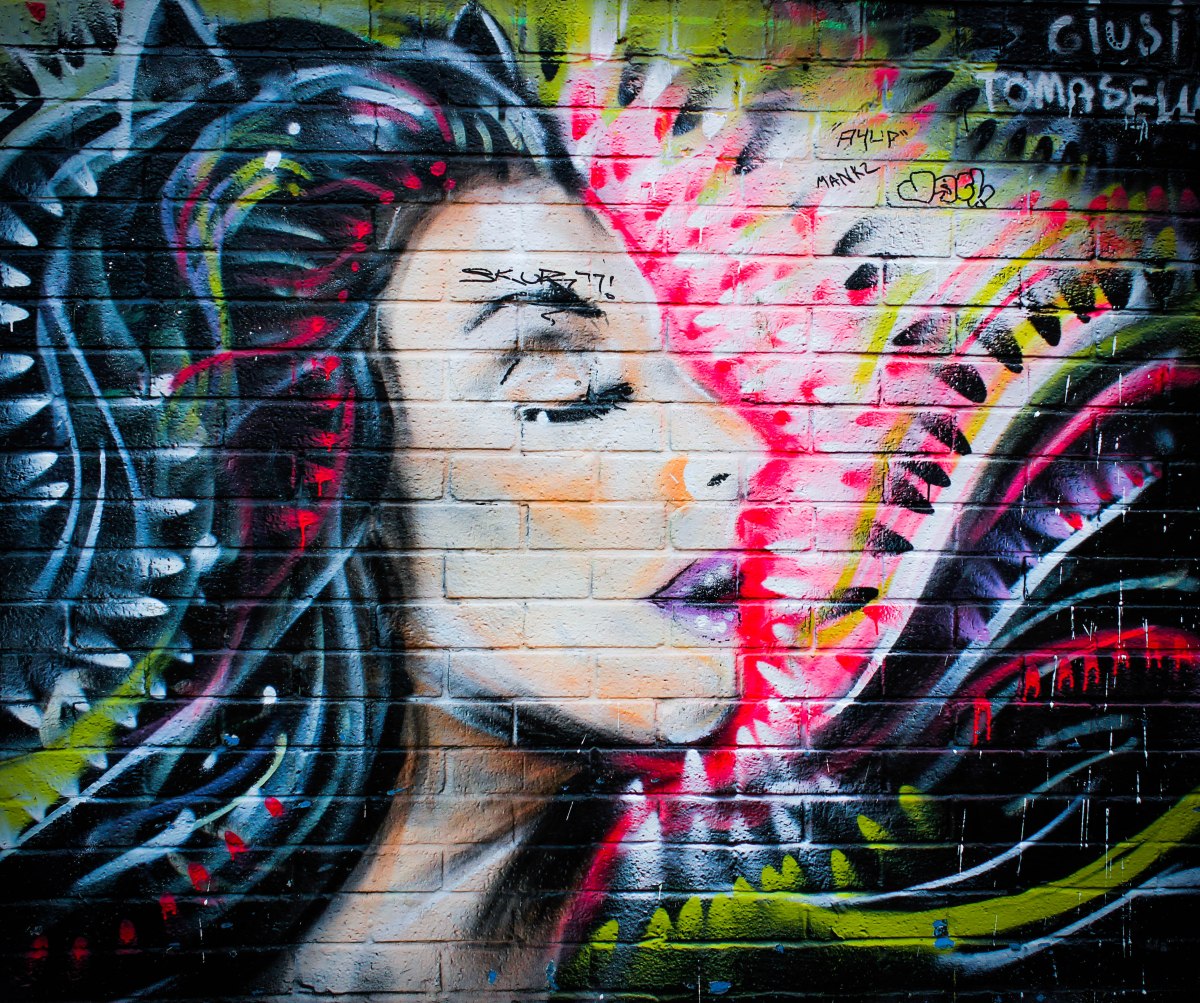For a long time I’ve been fascinated by the concept of fictional characters. People who exist in the form of ideas, transmitted from the minds of creators to readers across continents and centuries. Despite having no physical presence, they’re recognisable and knowable, as well as the subjects of endless dispute and reinterpretation.
Having studied literature and been a member of book clubs, it strikes me just how intense and heated the discussion can get when readers love or despise a particular character. Fiction seems to give us an outlet to express strong feelings or beliefs about others that we’d hesitate to reveal in a real-world context.
We all have our favourite characters, but where do they come from? Are they inspired by real people? Are they invented from scratch and assigned a set of predefined characteristics? Or do they emerge fully formed from somewhere deep in the swirling chaos of the subconscious?
Obviously the answer depends on the author and their subject matter. I can only speak for myself. I’m not a memoir writer or an autobiographical novelist, and I don’t base my characters on real people (as my friends reading this may or may not be relieved to know…)
I do, however, use some elements of my life, as well as aspects of personalities I’ve encountered in the past. All authors to an extent ‘write what they know.’ Whether our story is about medieval pirates or a satire on the modern workplace, we use our emotional experiences as a basis for exploring those of others.
I began my current novel in 2015 with two characters and a setting. That was all I had to go on. I had a vague sense of where I wanted these two people to end up, but no real plan for how I’d get them there.
For me, the characters emerge as blurry figures, which slowly come into focus. Sometimes I start with a name. I have a thing about names. They have such strong associations for me that I’d more willingly change my character’s age and appearance than what they’re called.
Gradually, more details are revealed. The outline of a face, an accent, a profession. Very soon I know all sorts of things about them: their troubled past, their taste in art or music, their secret fears and desires.
This is the point where I feel them to be ‘alive’.
Writers talk about ‘the characters controlling the story,’ which sounds mystical, but what it means is we’ve achieved a deep-level, intuitive understanding of that person in all their complexity. After that, they do take charge, because we can no longer make them say or do things they wouldn’t, in order to further the plot. We can try to force it, but it won’t feel right, and we or our readers will sense a lack of credibility.
Secondary or minor characters are slightly different for me. Sometimes, like the main players, they appear seemingly out of nowhere. Other times I consciously create them, because I feel the story needs someone extra to lend it humour or a different perspective.
These characters may start off as one-dimensional or stereotypes. I find it takes a little longer for them to come fully alive when they occupy less space in the narrative. It may not be until the second draft that I get to know them as individuals, which is when they start behaving outside of the narrow expectations I’ve set for them.
As any avid reader knows, it’s possible to become completely and utterly obsessed with fictional characters. This is even more true when we’re creating our own. Since we have full access to their minds, we can get to know them more deeply than a partner, perhaps even ourselves.
I think it’s a good thing that we fall in love with our characters, weird as it may seem to some. Most writing is more effective when the author’s emotions are engaged, and readers are more likely to adore our made-up people if we do.
Characters in stories aren’t a substitute for human connection. Our fictional love can never hold our hand or visit us in hospital or help us bring up our children. But they can be a compassionate presence in our lives, a solace in difficult times, an inspirational hero or heroine, and a route to self-knowledge and empathy.
Such is the power of our imaginations.

